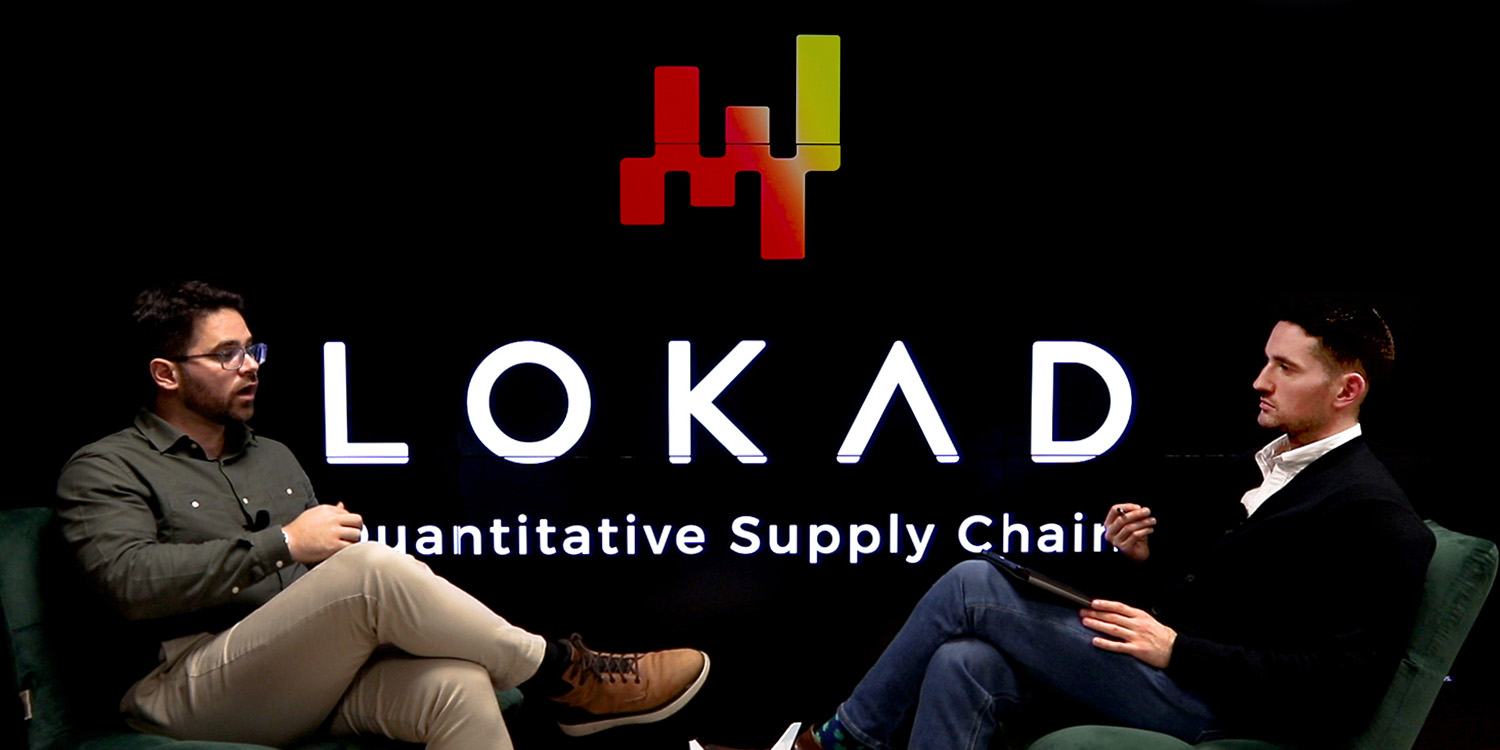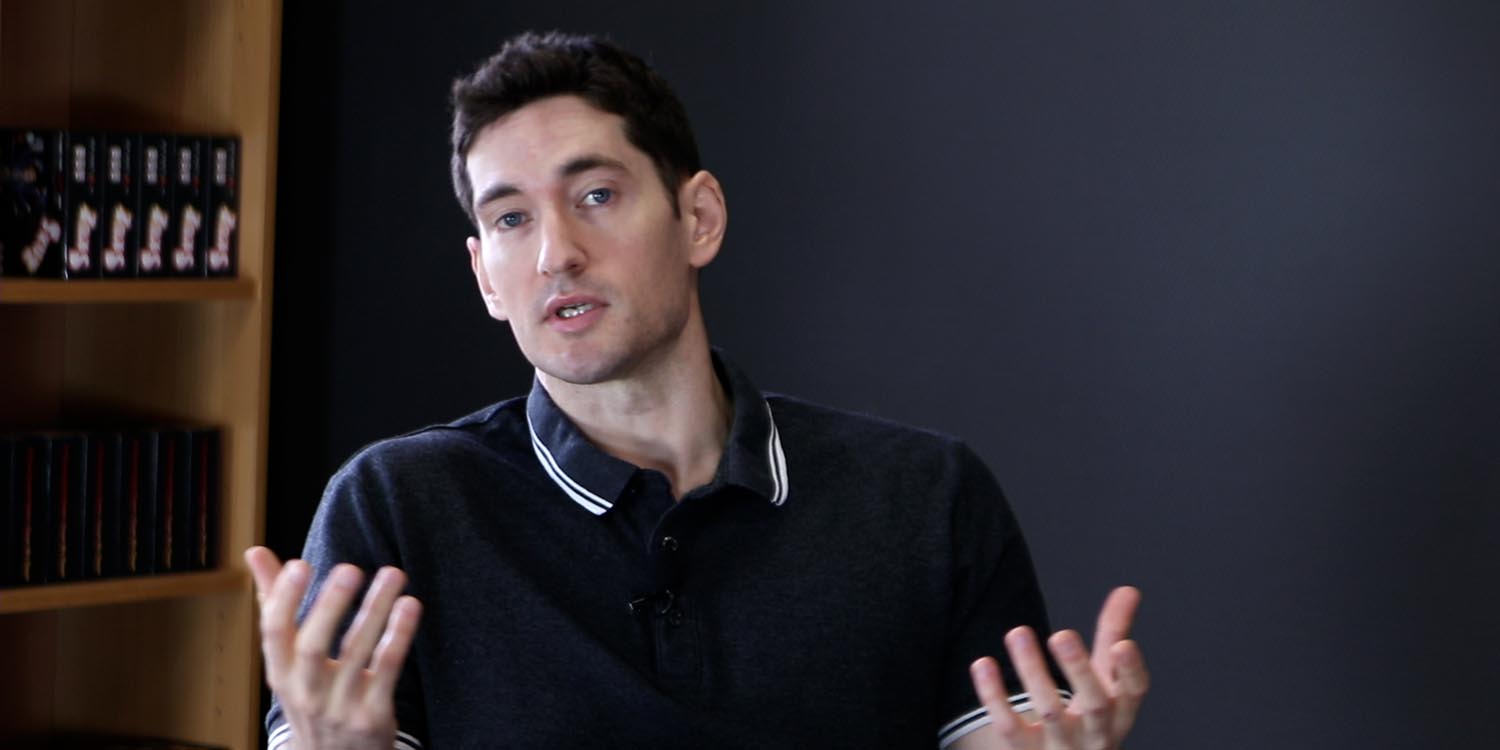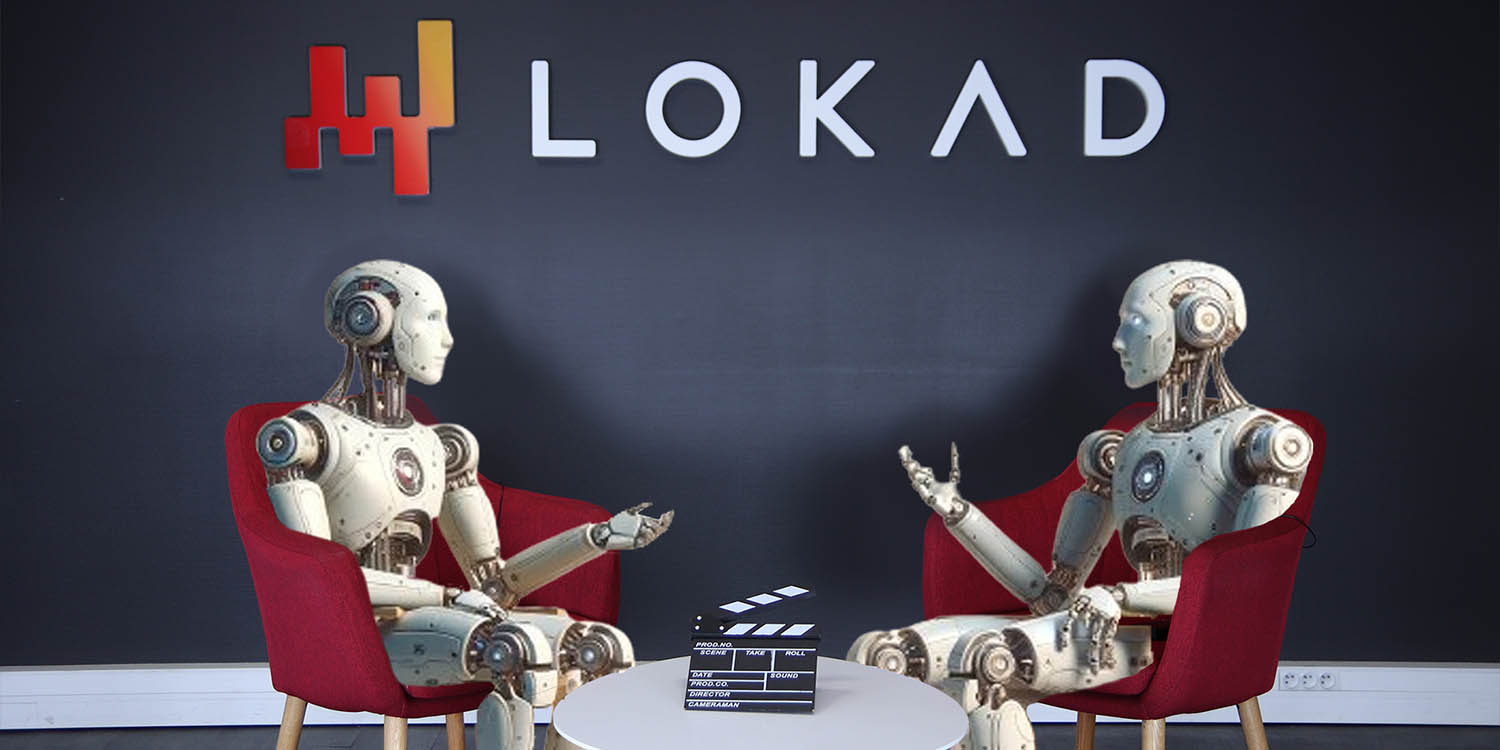Supply Chain science and tech
BACK TO LOKAD TV ›
Heuristics in Supply Chain - Ep 172
In a recent LokadTV episode, Conor Doherty, Communication Director at Lokad, interviewed Joannes Vermorel, CEO of Lokad, about heuristics in supply chain management. They discussed the use of simple problem-solving tools like FIFO and ABC analysis, highlighting their limitations and the need for more robust mathematical approaches. Joannes explained that while heuristics offer straightforward solutions, they often lack consistency and empirical validation. He emphasized the importance of distinguishing between true heuristics and arbitrary numerical recipes, advocating for real-world assessments and experiments to validate supply chain practices. The conversation underscored the necessity of critical evaluation and empirical evidence in optimizing supply chain decisions.
Optimizing Scheduling in Aerospace (with Simon Schalit) - Ep 170
In a recent interview, Conor Doherty, Director of Communication at Lokad, and Simon Schalit, COO, discussed Lokad's breakthrough in scheduling optimization for aerospace, particularly in aircraft manufacturing and MRO operations. They highlighted the complexity of coordinating numerous interdependent parts, skills, and equipment, which traditional methods struggle to manage. Lokad's approach shifts from a Bill of Materials (BOM) to a Bill of Resources (BOR), considering all necessary resources and their variability. Utilizing computational algorithms, Lokad can quickly generate practical solutions, minimizing financial risk and downtime. This integration of automation and human strategic insights is crucial for efficient and effective scheduling in complex environments.
What is a Supply Chain Scientist (with Simon Schalit) - Ep 169
In an interview, Conor Doherty of Lokad speaks with Simon Schalit, COO, about the crucial role of a Supply Chain Scientist at Lokad. Schalit explains that these scientists are not just data experts but also specialists in supply chain management, responsible for optimizing and automating decisions related to inventory and pricing. They build algorithms to ensure efficient purchasing and dispatch, aiming for maximum return on investment. Unlike typical data scientists, supply chain scientists immerse themselves in understanding business processes and strategies, translating them into optimization algorithms. This role involves data analysis, client interaction, and business acumen, making it essential for driving efficiency and profitability in businesses.
Why AI Initiatives Fail in Supply Chain - Ep 168
In a recent LokadTV episode, Conor Doherty and Joannes Vermorel discussed the inherent flaws in mainstream supply chain management, particularly the over-reliance on AI. Vermorel criticized longstanding practices like Requests for Proposals, time series forecasting, safety stock formulas, and service levels, arguing they are outdated and economically unsound. He emphasized that AI cannot rectify these deep-seated issues, as it is not yet at human-level intelligence. Vermorel suggested that practical, experience-based adjustments by practitioners often compensate for these flawed methods. The conversation concluded with a Q&A session, highlighting the challenge of removing entrenched processes in large companies.
Computational Resources in Supply Chain - Ep 167
In a recent LokadTV episode, Conor Doherty, Head of Communication at Lokad, conversed with Joannes Vermorel, CEO of Lokad, about the critical role of computational resources in supply chain optimization. Vermorel emphasized the necessity of understanding both hardware and software to make informed supply chain decisions. He likened this foundational knowledge to basic geographical awareness, essential for preventing problems and ensuring effective decision-making. Vermorel highlighted that while computers are tools for mechanizing decisions, a grasp of their capabilities and limitations is crucial. This understanding extends to programming paradigms, ensuring practitioners can optimize resources and drive better outcomes.
Supply Chain is not Logistics - Ep 166
Conor Doherty and Joannes Vermorel delve into the distinctions between supply chain and logistics, with supply chain a decision-making process and logistics a decision-execution one.
ISF2024 Panel: Demand Planning & Human Judgement in the World of AI
At the 44th International Symposium on Forecasting, Lokad's Conor Doherty and Alexey Tikhonov joined a panel discussion on "Demand Planning and the Role of Judgment in the New World of AI/ML".
Quality-Cost Dilemma in Supply Chain - Ep 160
In a dialogue with Lokad's Head of Communication, Conor Doherty, Lokad CEO Joannes Vermorel discusses the quality-cost ratio in supply chain management. Vermorel emphasizes that quality refers to decision-making, not product attributes, and that client-perceived quality may not align with optimal supply decisions due to cost. He criticizes traditional KPIs, arguing they don't reflect genuine quality. Vermorel also discusses the role of Large Language Models (LLMs) in supply chain management, noting they can lead to smarter decisions but can inflate IT budgets. He suggests the quality-cost dilemma is a meta game, requiring software engineering to solve supply chain problems and assess trade-offs.
AI Pilots in Supply Chain - Ep 159
In a dialogue between Lokad's CEO Joannes Vermorel and Head of Communication Conor Doherty, they discuss the impact of AI on supply chain management. Vermorel highlights the advancements in AI and large language models, which have revolutionized task automation. He introduces AI Pilots, a Lokad offering that automates decision-making and clerical tasks, facilitated by Lokad's proprietary programming language, Envision. Vermorel also discusses the potential of AI to automate tasks related to Master data and contrasts Lokad's approach with competitors. He predicts that AI Pilots will become the norm in supply chain management, leading to significant productivity improvements. The conversation concludes with a Q&A session.
Rethinking S&OP (The Future of Supply Chain) - Ep 158
Lokad CEO Joannes Vermorel critiques the Sales and Operation Planning (S&OP) process as outdated and inefficient for modern businesses. He argues that S&OP, designed for simpler times, struggles to keep pace with today's complex, fast-moving business environment. Vermorel criticizes the process' slow refresh rate, its reliance on meetings and spreadsheets, and its focus on unified forecasts. He suggests that large companies should eliminate their S&OP divisions, likening them to obsolete fax machines. Instead, he proposes a shift towards improving access to information, transforming S&OP teams into data lake teams.









